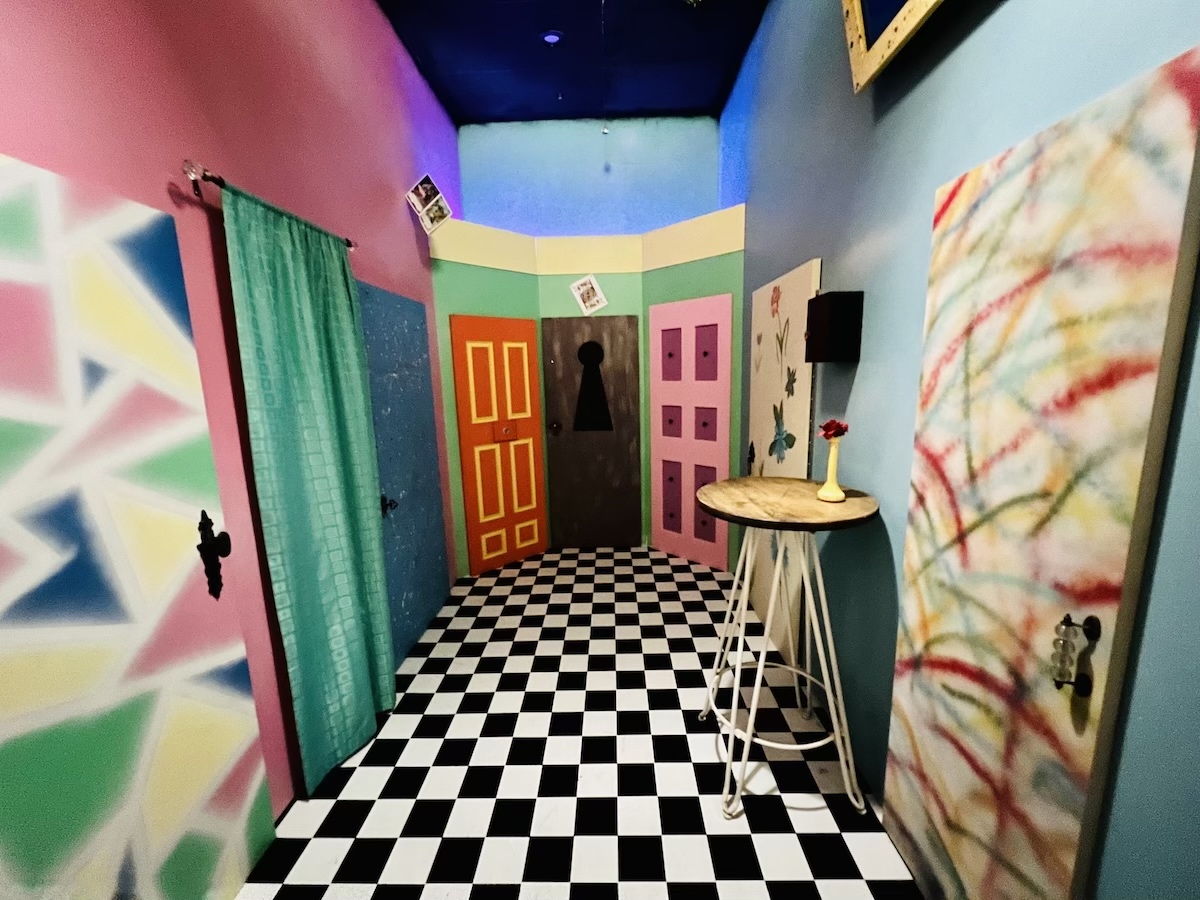Group Strategies: How to Team up Efficiently in a Getaway Space
Groups need to proactively pay attention to each participant's understandings, appoint duties that straighten with individual staminas, and keep normal check-ins to ensure focus and protect against redundancy. By promoting a setting that values cohesion and flexibility, groups can considerably heighten their performance and success rates.
Establish Clear Communication

To promote clear interaction, it is important to mark a central point of contact for information dissemination. Quick, focused updates from each team participant can keep the team notified without overwhelming them with info.

Appoint Duties Purposefully
While clear communication establishes the foundation for reliable team effort, assigning duties purposefully makes sure that each employee's strengths are utilized effectively. In a getaway room circumstance, the time-sensitive and complex nature of obstacles demands a well-organized strategy to job delegation. By recognizing and leveraging individual expertises, teams can optimize their analytic capacities and boost overall efficiency.
First, analyze the special skills and attributes of each participant. Somebody with an eager eye for information could excel in discovering surprise things, while a sensible thinker could be better fit to resolving puzzles. It's similarly essential to have a leader who can supervise development, handle the timeline, and make crucial telephone calls when essential. This duty usually requires solid business and interpersonal abilities.
Second, make sure that duties are flexible and versatile. As new difficulties emerge, the group should be able to pivot, reallocating jobs as needed. This flexibility helps keep energy and avoids bottlenecks that could occur as a result of stiff role projects.
Ultimately, a tactical strategy to duty task not only maximizes the strengths of each staff member yet also fosters a natural setting, driving the team in the direction of an effective escape.
Make Use Of Diverse Skills
Recognizing and taking advantage of the varied skills within your team can substantially elevate your efficiency in a retreat room. Each employee brings distinct strengths to the table, and successfully leveraging these abilities can expedite analytic and enhance overall performance. For example, a staff member with strong logical abilities could stand out at figuring out complex codes or patterns, while another with eager observational abilities may promptly find concealed hints that may forget.
Encourage group members to voice their insights and concepts immediately, guaranteeing that all possible solutions are considered. In addition, assigning tasks that align with each member's toughness can protect against traffic jams and make certain that progression is continual.
Furthermore, variety in skills typically equates to diversity in believing designs, which is very useful in a retreat space setup. While some obstacles might require logical thinking and accuracy, others may gain from imaginative and association of ideas. By acknowledging and leveraging this diversity, teams can resolve a more comprehensive series of obstacles much more properly, therefore raising their opportunities of an effective escape.
Manage Time Successfully

Recognize visible puzzles and split jobs based on team members' staminas, making certain that no one is idle. This practice can aid keep the group concentrated and stop time from slipping away undetected.
Additionally, prevent tunnel vision. If a problem is taking as well long, revolve employee or move on to another challenge, returning later with fresh perspectives. Interaction is critical-- maintain every person upgraded on resolved problems and remaining tasks to prevent repetitive efforts.
Lastly, use any hints or ideas sparingly however purposefully - best escape room. Understanding when to request for help can conserve useful time. By sticking to these time administration concepts, teams can substantially you could try here enhance their chances of a successful and delightful getaway space experience
Debrief and Show
Representation is a vital facet of group advancement and improvement in the context of getaway areas. Once the difficulty is finished, whether successfully or otherwise, it is essential for the team to involve in an organized debriefing session. This procedure allows employee to evaluate their performance, recognize toughness, and pinpoint areas for improvement.
Begin the debrief by discussing what worked out. Highlight certain instances of reliable communication, analytical, and partnership. Identifying these positive behaviors strengthens them and motivates their repeating in future challenges.
Discuss minutes of complication, miscommunication, or inefficient methods. Motivate an open and positive discussion where group participants can share their point of views without anxiety of criticism.
Final Thought
To conclude, successful collaboration in a getaway room is predicated upon clear communication, strategic duty jobs, the reliable use of varied skills, and proficient time monitoring. Normal check-ins and structured debriefings are important for keeping focus anonymous and cultivating constant renovation. By developing a natural and flexible group setting, the chance of successfully resolving puzzles and attaining the goal of escaping the area is considerably improved. This method not only guarantees success however additionally advertises collective growth and learning.